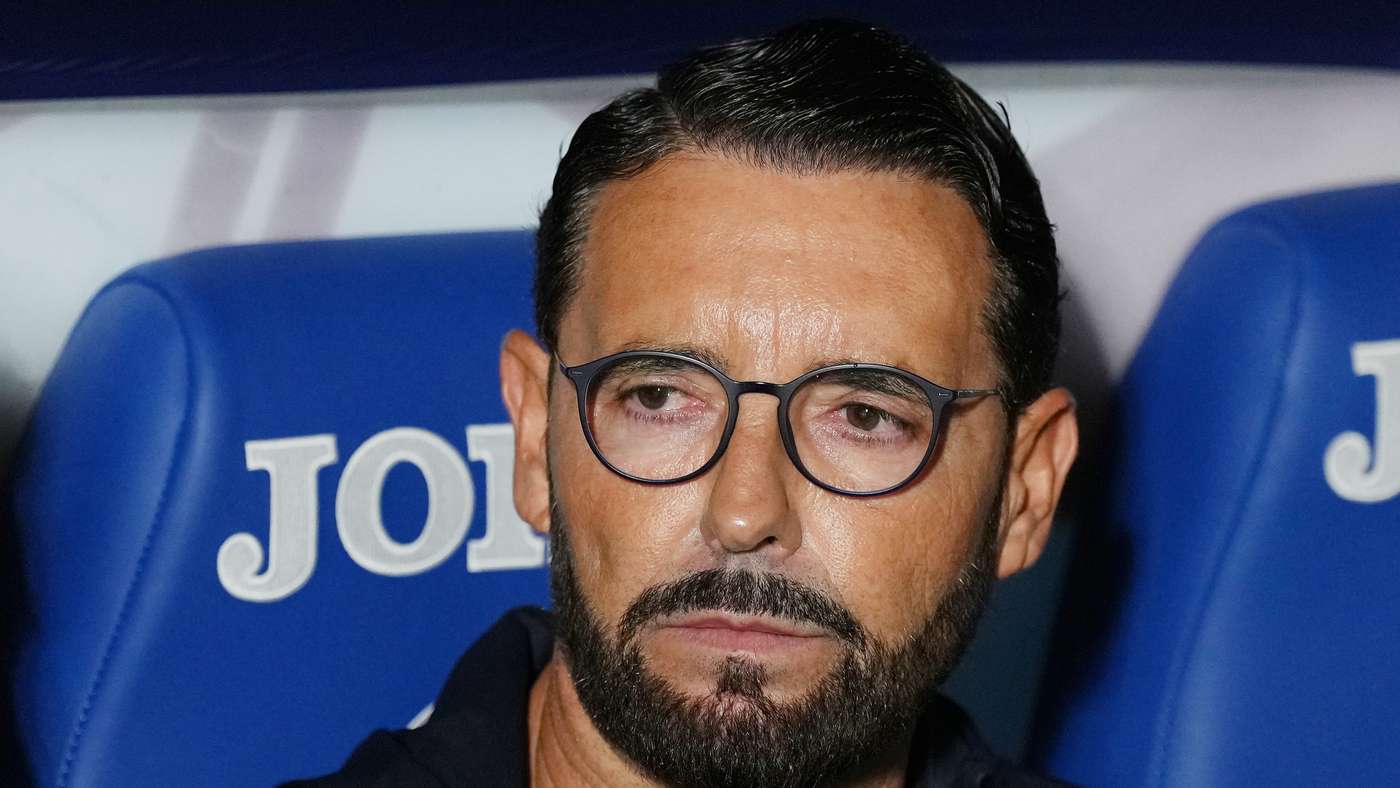From Dream to Disappointment: Why Barcelona-Villarreal’s Miami Showdown Was Scuttled
22 October 2025

From dream to disappointment
What began as a plan to host the first official league match outside Spain ended in a major setback as La Liga canceled the Barcelona vs Villarreal fixture in Miami on December 20, in the 17th round of the season.
The decision followed weeks of controversy and rising pressure from clubs and players associations, along with formal objections from Real Madrid and other major sporting bodies.
According to Mundo Deportivo, the organizer Relivent, La Liga’s strategic partner in the U.S. market, notified its withdrawal citing the prevailing uncertainty in Spain in recent weeks.
The withdrawal came hours after Real Madrid sent a second letter to the Spanish Council of Sport opposing the match in the United States, a stance the club had already voiced in August with a strongly worded statement.
UEFA reportedly granted reluctant approval to host the match, as there was no legal loophole preventing it, but subsequent developments led to its cancellation.
La Liga said in a formal statement that pulling out of the plan represented a major blow to its global expansion plans, while insisting the match would have complied with regulatory rules and not harmed the integrity of the competition, as supported by the relevant sports bodies.
The opposition extended beyond Real Madrid; resistance within the Spanish players’ union grew after protests in the previous round of the league, with Barcelona and Villarreal players respecting a 15-second symbolic pause organized by Girona and Real Betis.
This tense climate added to broad opposition to the idea of a formal league match abroad, despite FIFA having given provisional approval in May 2024 for international domestic league games.
Note that the idea of playing abroad is not new; the first attempt dates back to 2018 when Relivent tried to organize a Girona-Barcelona match in Miami, but FIFA rejected it then. Two more attempts followed for Villarreal-Atlético Madrid (2019-20) and Barcelona-Atlético Madrid (2023-24), none coming to fruition.
La Liga was, this time, one step away from fulfilling the dream of its president Javier Tebas; all that remained was approval from CONCACAF to host the match.
The plan also included a month-long program of commercial and promotional events in Miami spanning more than 4,000 square meters, but the project was postponed indefinitely after Relivent withdrew, especially since UEFA described its approval as exceptional and pledged to safeguard the integrity of national competitions in the future.
In a full statement, La Liga explained that after talks with the organizer of the official match in Miami, they were told the project would be canceled. The league expressed deep regret that such a historic opportunity to internationalize Spanish football would not go ahead.
They argued that hosting a match abroad would have been a decisive step in expanding their competitions globally, boosting the international presence of clubs, players’ brands, and Spain’s football image in a strategic market like the United States; the project was in line with regulations, despite opposition from some quarters.
Notably, the decision followed ongoing global competition where big leagues push to grow revenue, and the cancellation was seen as a setback for generating new income and for clubs’ investment and competitiveness, as well as the broader international footprint of Spanish football.
La Liga thanked the clubs for their cooperation and commitment to growing the competition, and said it would continue to promote Spanish football worldwide while defending a modern, open, and competitive vision benefiting clubs, players, and fans.
Finally, the league noted that the projected revenue would have been between 5 and 6 million euros for both Barcelona and Villarreal, and that rejecting the plan reduces resources available to Spanish football compared with the big leagues.
On the other hand, anger simmered within Villarreal, with officials questioning the league’s organization and planning.
Marcelino Garcia Toral, Villarreal’s coach, said it was inappropriate for the league to publish a statement while they were in the middle of a match.
Television cameras also captured club president Fernando Roig looking visibly frustrated on the phone after the game, a sign of the disappointment inside the Yellow Submarine’s leadership as the Miami dream collapsed.
Punchline: If suspense were a stadium, this game would be sold out long before kickoff. Punchline 2: Maybe next time they’ll schedule a weather report—it’s more entertaining than the plot twists here.



